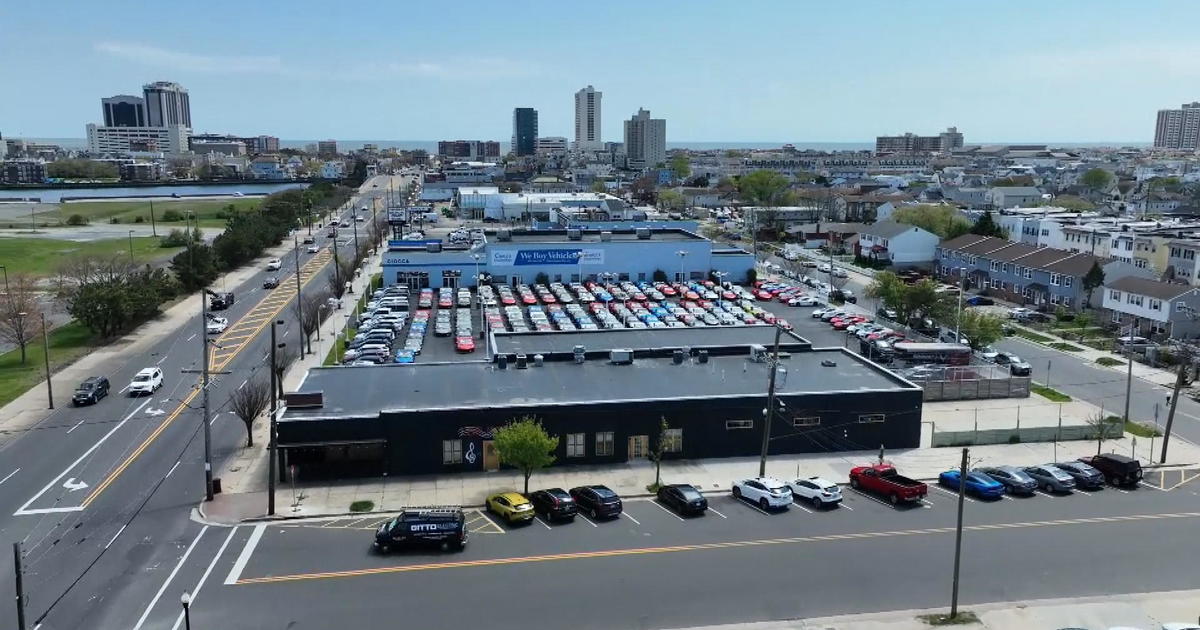Feds: We Were Wrong On Sand-Dredge Ban In South New Jersey
ATLANTIC CITY, N.J. (AP) — The federal government has dropped its objection to some southern New Jersey towns using sand from a nearby offshore site to replenish their beaches. The recent action by U.S. Interior Secretary David Bernhardt should make ongoing beach widening and storm protection projects less costly.
It also removes the need for an unusual proposal floated several months ago that would have let some towns shave sand off the top of some of their larger dunes and use it to widen beaches.
On Monday, Bernhardt wrote to Rep. Jeff Van Drew, a Democrat who represents the affected area of the southern New Jersey coast, announcing the policy reversal.
The prohibition "was creating unnecessary red tape that was having the opposite effect of its original intent," Van Drew said in a statement.
A site in the Hereford Inlet, which was previously used to dredge sand for beach replenishment projects in the area, had been put off-limits by the U.S. Fish & Wildlife Service for such federally funded beach replenishment. The agency acted recently under a 1982 law passed by Congress to preserve coastal barrier regions from overdevelopment. It prohibited the use of federal funds for work that could contribute to such development.
The Fish & Wildlife Service said in September that "certain actions and programs of the Federal government had the effect of encouraging the development of fragile, high-risk, and ecologically sensitive coastal barriers." It had added the law does not allow for sand mining in the Hereford Inlet for projects outside the area, as would be the case with Stone Harbor.
But Bernhardt said that interpretation was wrong, and not what Congress intended.
"The language is not ambiguous," he wrote. "It should be interpreted in a way that furthers Congress' stated purpose of protecting coastal barrier resources."
The prohibition affected ongoing beach protection work in Avalon, Stone Harbor and North Wildwood. Having to take sand from farther away, the work would have cost at least $6.5 million more.
That led the towns, the New Jersey Department of Environmental Protection, and the U.S. Army Corps of Engineers, to consider the novel dune-shaving plan.
It would have been used first in Stone Harbor, where robust dunes have grown 10 feet or more higher than the minimum state standards. But officials there recently rejected the proposal, shortly before the Interior Department reversed its policy.
Stone Harbor Mayor Judy Davies-Dunhour called the decision "exactly what our three communities have been seeking for years."
"Now we can continue to preserve the Point as an ecological treasure while at the same time using sand in the Inlet for the protection of our communities for many years to come," she said in a
statement.
(Copyright 2019 by The Associated Press. All Rights Reserved.)



